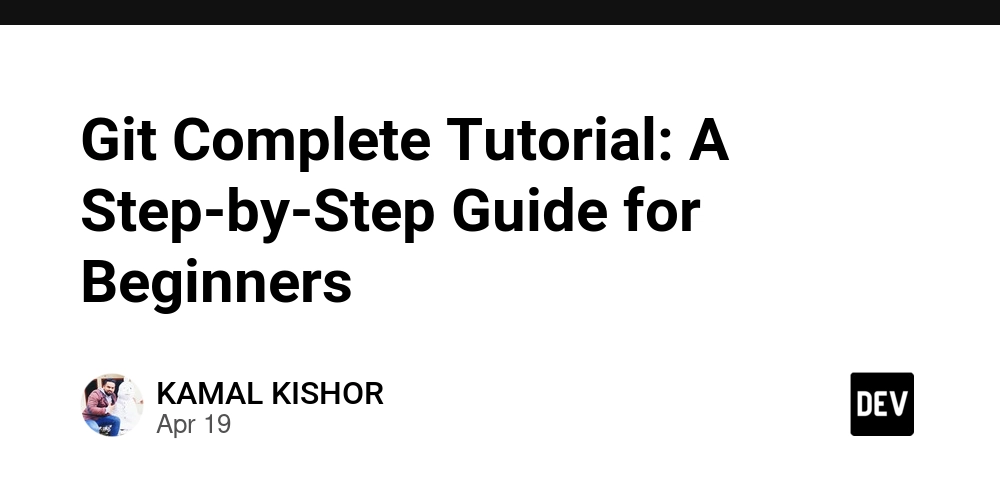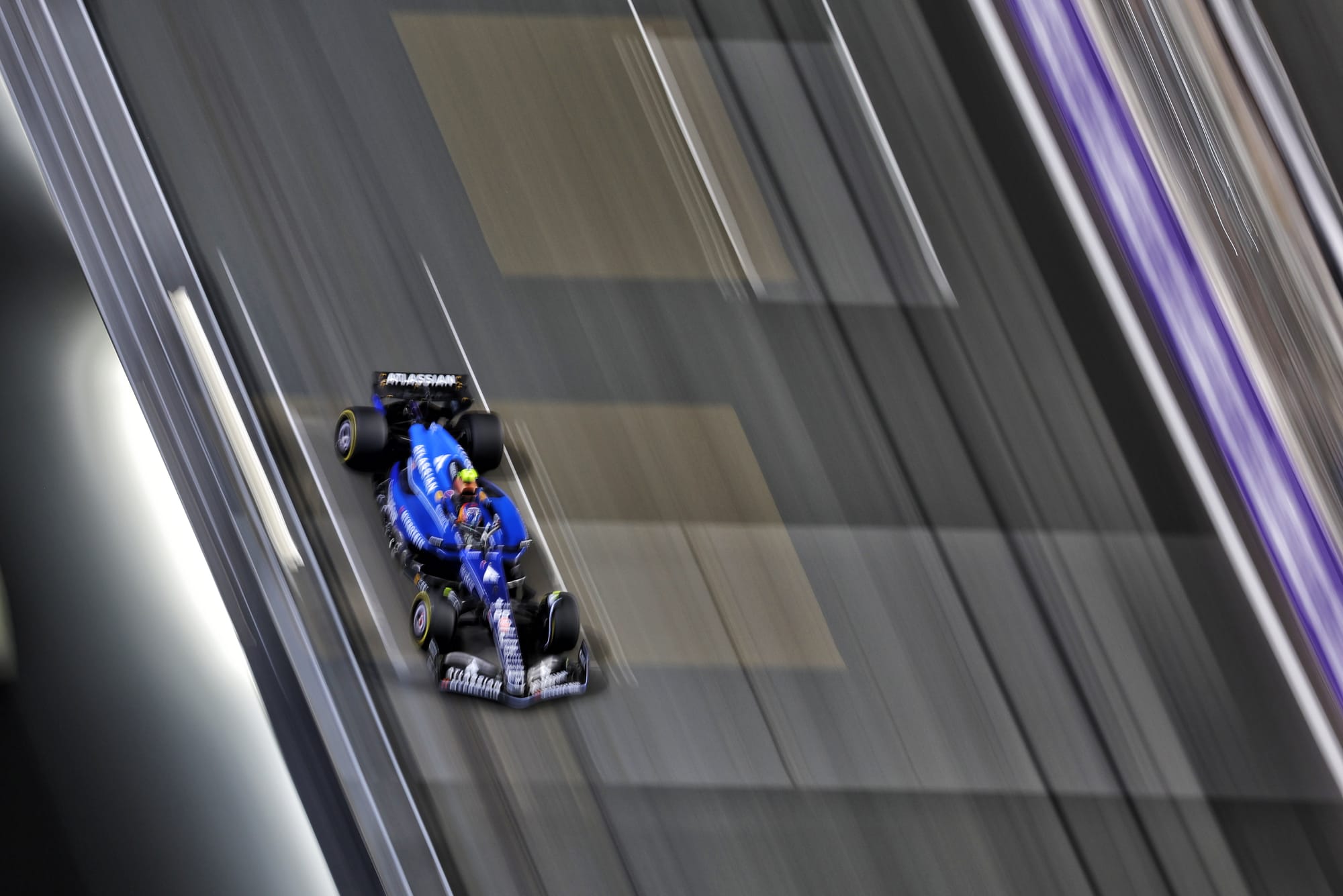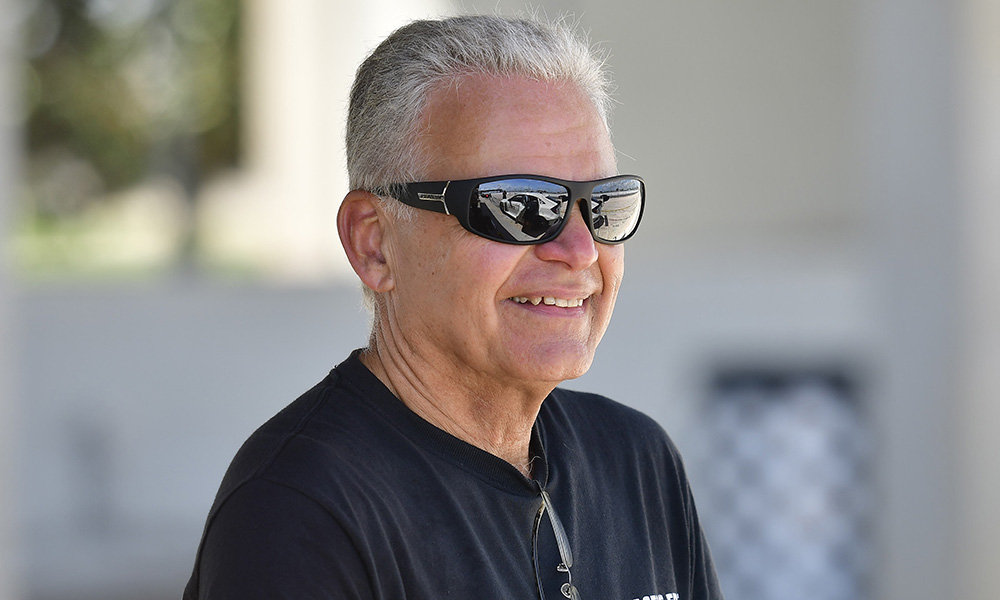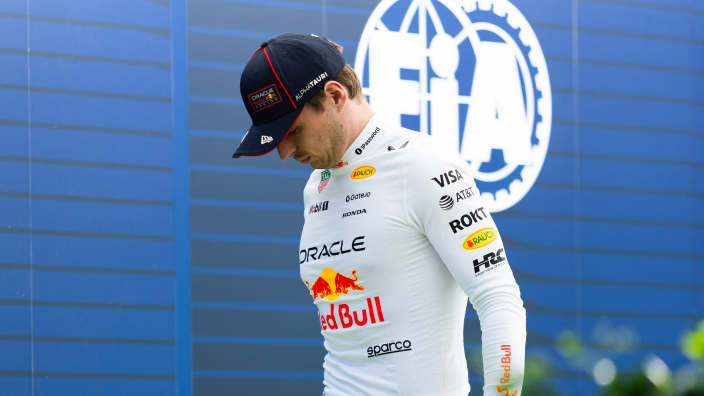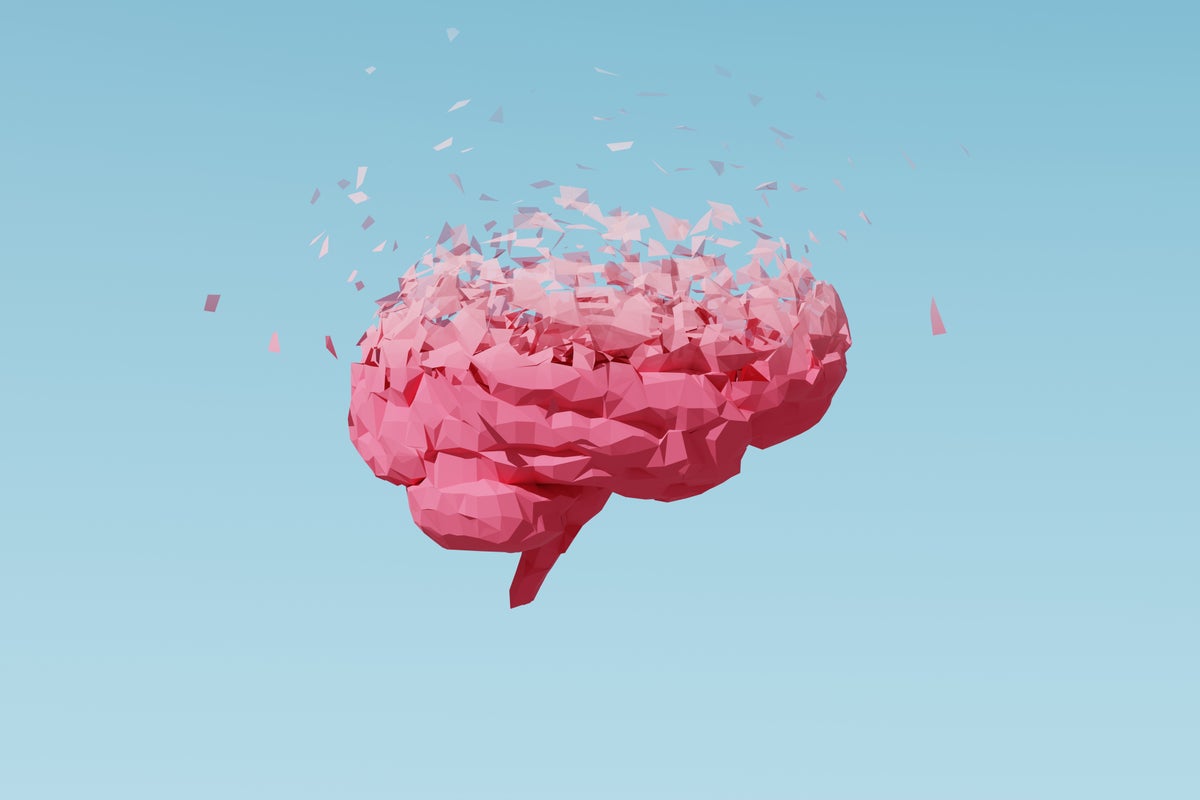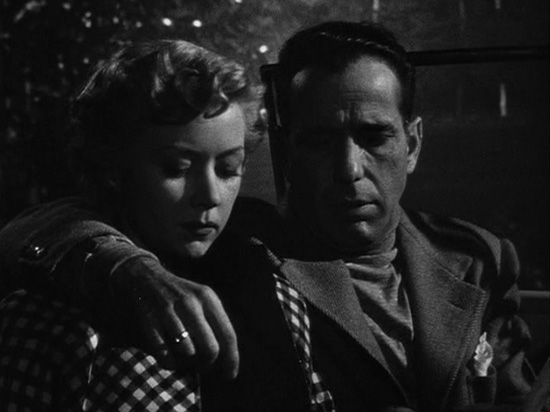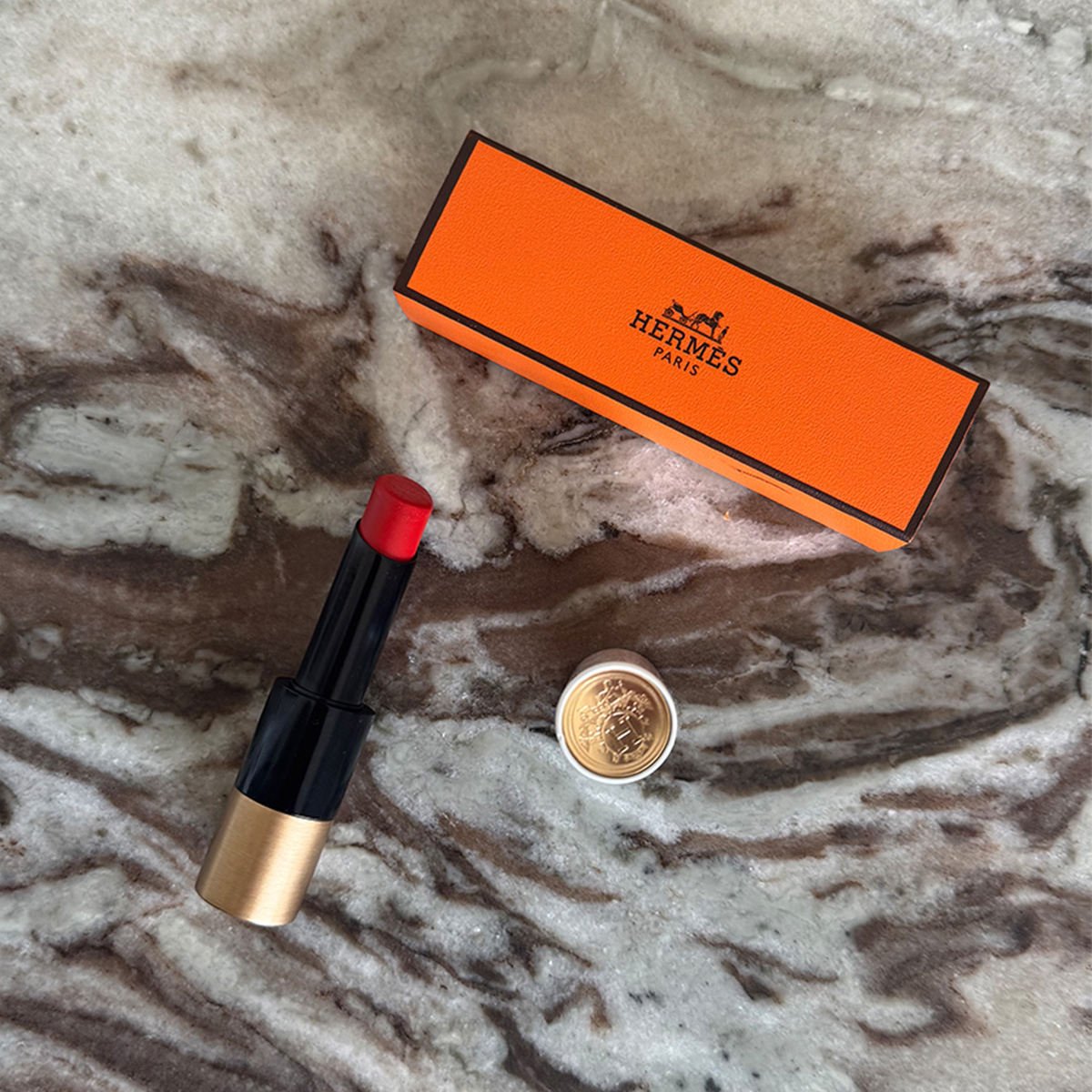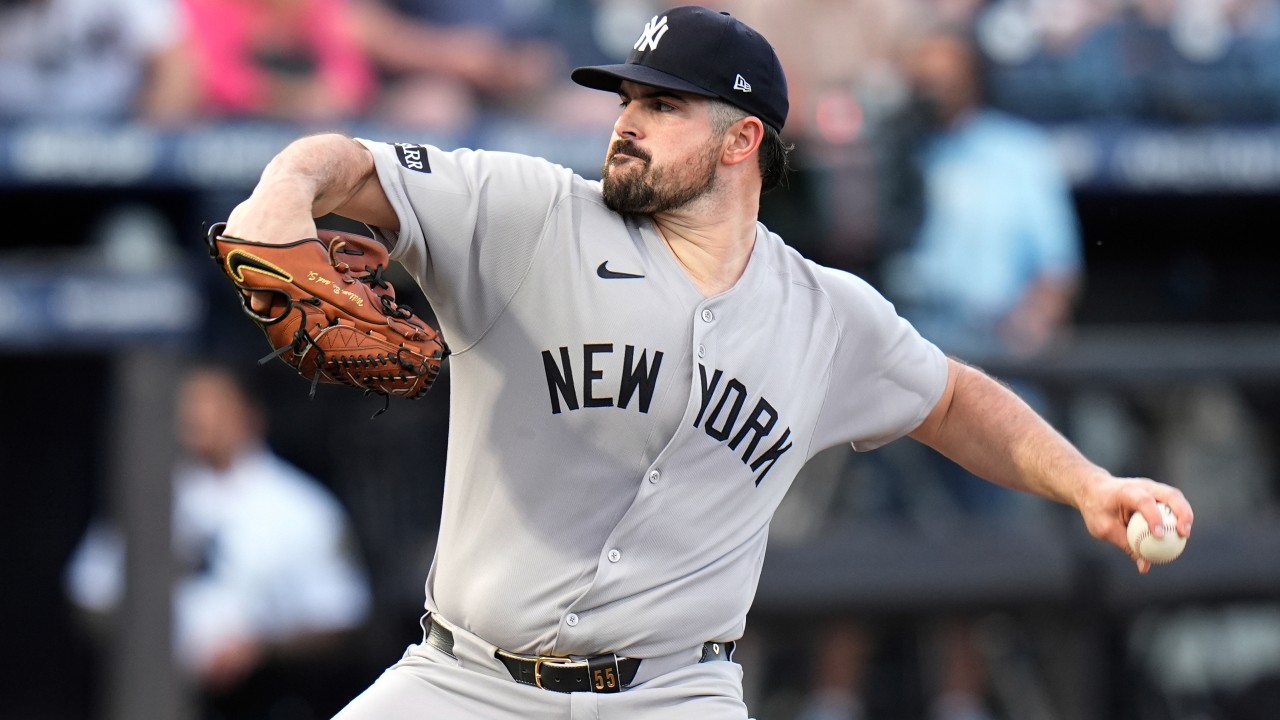Academic freedom in the US is under threat – universities of the world, unite! | Andrew Graham
We cannot be neutral with respect to fake news, misinformation or outright liesIn western academia, everything began with philosophy. Ever since, especially since the Enlightenment and the scientific revolution of the 17th century, there has been a long, centrifugal process, with discipline after discipline making its distinctive contribution and marking out its methods and its domain of inquiry. Raphael’s painting The School of Athens displays this perfectly, with the two great philosophers Plato and Aristotle in the centre. Yet even here, Raphael points at the specialisation of knowledge that is about to explode. Plato points upwards, symbolising his interest in the timelessness of metaphysics. Aristotle gestures downwards, emphasising his interest in the empirical.Today, at university, students and researchers focus on a single sub-branch of, say, modal logic, labour economics or organic chemistry. Knowledge has accumulated and fragmented. Renaissance men (or women) are almost nonexistent.Andrew Graham is a political economist, former master of Balliol College, Oxford and former director of the Scott Trust Continue reading...

We cannot be neutral with respect to fake news, misinformation or outright lies
In western academia, everything began with philosophy. Ever since, especially since the Enlightenment and the scientific revolution of the 17th century, there has been a long, centrifugal process, with discipline after discipline making its distinctive contribution and marking out its methods and its domain of inquiry. Raphael’s painting The School of Athens displays this perfectly, with the two great philosophers Plato and Aristotle in the centre. Yet even here, Raphael points at the specialisation of knowledge that is about to explode. Plato points upwards, symbolising his interest in the timelessness of metaphysics. Aristotle gestures downwards, emphasising his interest in the empirical.
Today, at university, students and researchers focus on a single sub-branch of, say, modal logic, labour economics or organic chemistry. Knowledge has accumulated and fragmented. Renaissance men (or women) are almost nonexistent.
Andrew Graham is a political economist, former master of Balliol College, Oxford and former director of the Scott Trust Continue reading...

















